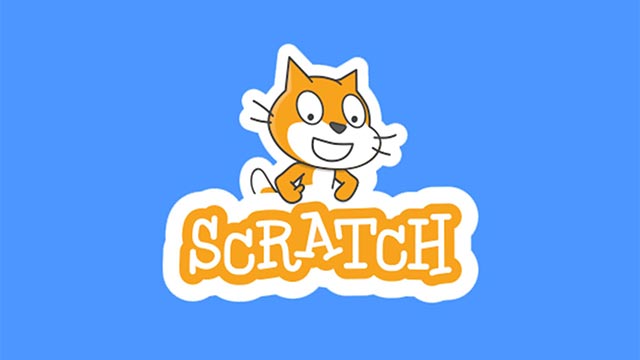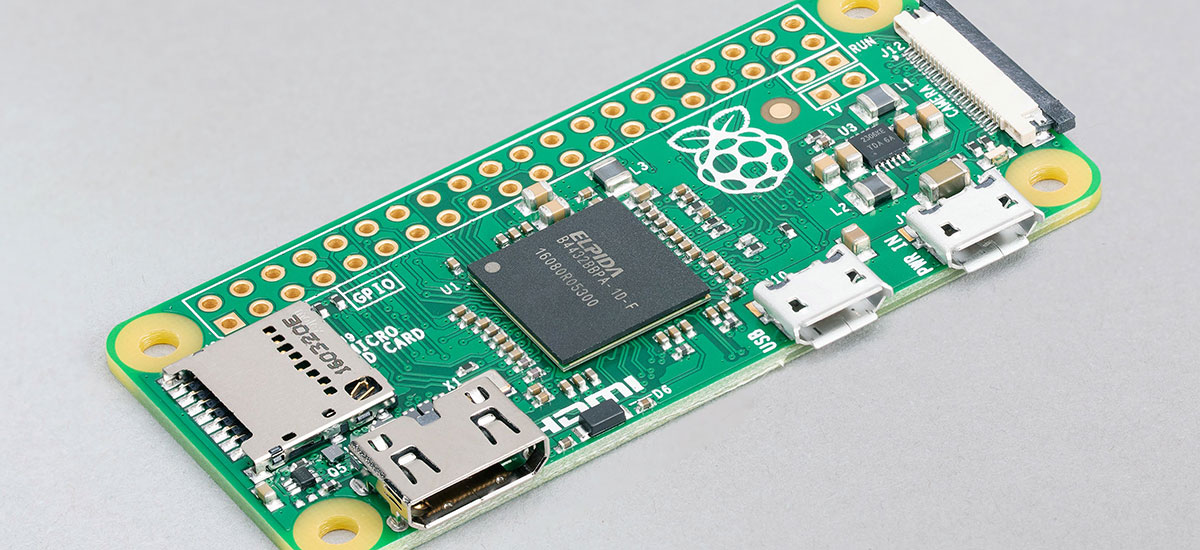Introduction
The Raspberry Pi is a small, inexpensive computer base, with a variety of functions available thanks to its modularity and simplicity. As a simple computer, it can be used in conjunction with many projects and designs, and can be built and programmed in a variety of coding languages. The Raspberry Pi is designed as well to be flexible for learners and teachers alike. ASU Engineering especially finds many uses for the Raspberry Pi, even considering it to be the central piece of hardware for the NASA Psyche mission (although they ultimately decided to go with the Arduino, a similar computer base). Because of its wide availability, there are many online resources, tutorials, and sample projects available to explore the functions of the device.
Background
The Raspberry Pi was designed to provide an affordable and flexible computing tool for individuals, so anyone can get involved in digital creation and computing. The mission for the company is to democratize technology, by making computing tools affordable and accessible. This enables students, education programs, and individuals to explore computing and programming at their convenience, and inspire digital creativity in anyone.
Process
Raspberry Pis are a very bare-bones computer, able to accept any number of programming inputs depending on use and ability. However, there is an official Raspberry Pi operating system, as well as numerous resources online for creating one. Depending on the goal of the project, programming with the Raspberry Pi can look very different, this flexibility being one of the primary successes of the computer. Learners can find plenty of resources online for how to design and implement their own Raspberry Pi projects, or can follow the set-up instructions on their website, to explore from there.
Brand information
The Raspberry Pi Foundation is a foundation that works to make computing and digital development accessible to people all over the world, through their affordable hardware and variety of learning resources. The program is a charity based in the UK in order to teach individuals about digital literacy, and the power of computer development. They additionally provide workshops, programs, and spaces aimed to teach individuals about computers and programming.
Examples in the labs
In the IgnitED Labs, the Raspberry Pi is connected to computers in the lab, in order for students to take on some of the recommended projects available on the Raspberry Pi Foundation website. We recommend exploring the experiences provided on the website if you want to explore activities and programs related to Raspberry Pi.
Uses in education

The Raspberry Pi is a phenomenal tool for educators and students looking to learn more about computer science and programming. It’s affordability, compactness, and versatility make it accessible for many programs, and there is a lot of potential to explore and learn more about how computers work, and how to code. Not to mention, the host of resources available online, like videos and tutorials, on how to make use of the Raspberry Pi, allow learners to find projects related to specific applications they would be interested in.
Experience catalogue
Interested in learning more about how technology can be useful in the field of education? Check out these digital experiences:

Scratch
Website
References
Arduino Uno REV3. Arduino Official Store. (n.d.). Retrieved November 28, 2021, from https://store.arduino.cc/products/arduino-uno-rev3/.
About Us. Raspberry Pi. (2021, October 5). Retrieved November 28, 2021, from https://www.raspberrypi.com/about/.
Raspberry Pi. (n.d.). Raspberry pi os. Raspberry Pi. Retrieved November 28, 2021, from https://www.raspberrypi.com/software/.
Raspberry pi documentation. Getting Started. (n.d.). Retrieved November 28, 2021, from https://www.raspberrypi.com/documentation/computers/getting-started.html.
Raspberry pi foundation – about Us. Raspberry Pi. (2021, July 5). Retrieved November 28, 2021, from https://www.raspberrypi.org/about/.
Raspberry pi blog – news, announcements, and ideas. Raspberry Pi. (n.d.). Retrieved November 28, 2021, from https://www.raspberrypi.org/blog/.
Projects.raspberrypi.org. (n.d.). Retrieved November 28, 2021, from https://projects.raspberrypi.org/en/.
Scratch – Module 1. Projects.raspberrypi.org. (n.d.). Retrieved November 28, 2021, from https://projects.raspberrypi.org/en/codeclub/scratch-module-1.
Python – Module 1. Projects.raspberrypi.org. (n.d.). Retrieved November 28, 2021, from https://projects.raspberrypi.org/en/codeclub/python-module-1.
Making a Website – Module 1. Projects.raspberrypi.org. (n.d.). Retrieved November 28, 2021, from https://projects.raspberrypi.org/en/codeclub/webdev-module-1.
